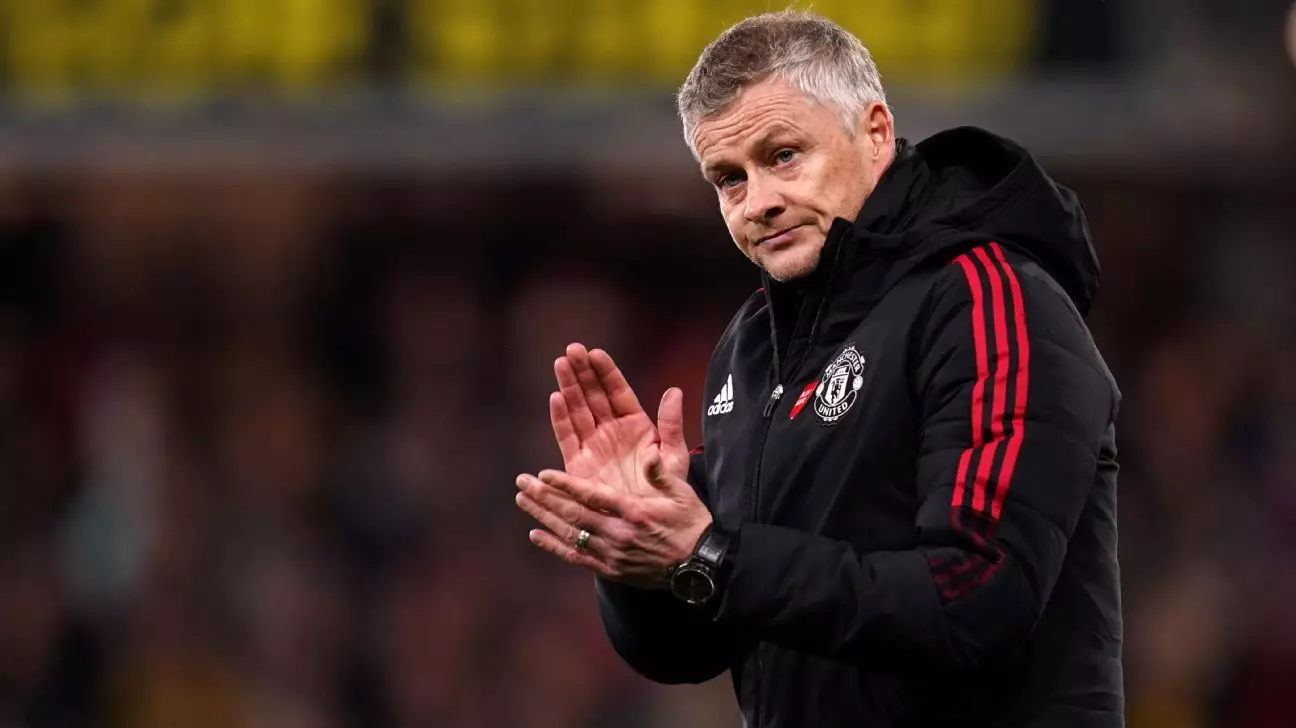Ole Gunnar Solskjaer, the iconic former manager of Manchester United, has expressed an unwavering willingness to return to the helm if the club ever calls upon him. Since his dismissal from the managerial position in November 2021, Solskjaer has remained outside the management sphere yet has continued to maintain a close connection with the club. His commitment to Manchester United, a club he holds dear, is evident in his recent comments at the Oslo Business Forum, where he reaffirmed his loyalty by stating, “If the family asks, I would say yes every day of the week.” This heartwarming sentiment highlights the emotional bond he shares with the club, one that spanned nearly three years.
Despite Solskjaer’s emotional ties, it is essential to scrutinize the nuances of his time as manager. Initially appointed as interim manager following the sacking of José Mourinho in December 2018, he did guide the team to a commendable second-place finish in the COVID-19-impacted 2020-21 season, a feat that appears diminished without the addition of silverware to his credentials. His tenure was marked by a turbulent run, culminating in a string of poor performances that led to his abrupt departure. A 5-0 defeat to Liverpool at Old Trafford is a painful reminder of the pressures and realities of managing a club of United’s stature, illustrating that while the emotional appeal of nostalgia is strong, the practicalities of performance remain paramount.
As Solskjaer hints at his availability, the focus shifts to the current situation under Erik ten Hag, the Dutch manager who is reportedly under pressure following a patchy start to the current season. With only three victories in eight games, the cloud of discontent is hovering over Old Trafford yet again, and the club’s supporters are beginning to voice their frustrations. Ten Hag’s defense of his strategy – focusing on integrating young players into the squad – speaks to a broader ambition of rebuilding for long-term success. However, fans often demand immediate results, and this conflict between immediate expectations and the necessity for patience in a rebuilding phase creates an uncomfortable tension.
On the international front, Solskjaer has not shied away from expressing his national pride. With the possibility of Norway’s national coaching position opening up after the 2026 World Cup, he sees this as an opportunity that excites him. His statement regarding his interest in succeeding Ståle Solbakken reflects not only his ambition but also a desire to contribute to Norwegian football at a national level. This potential shift could open a new chapter in his career, allowing him to apply his managerial insights on a different stage.
In sum, Solskjaer’s remarks about returning to Manchester United signal an intriguing potential for both the club and the former striker. While there are undeniable pros and cons to his previous tenure, his unwavering loyalty and readiness to step back into a managerial role hint at the possibility of redemption for both him and the club. As the season unfolds, the management landscape at Old Trafford may continue to evolve—keeping a watchful eye on both Solskjaer’s aspirations and United’s journey in the coming months is critical for fans and football analysts alike.

